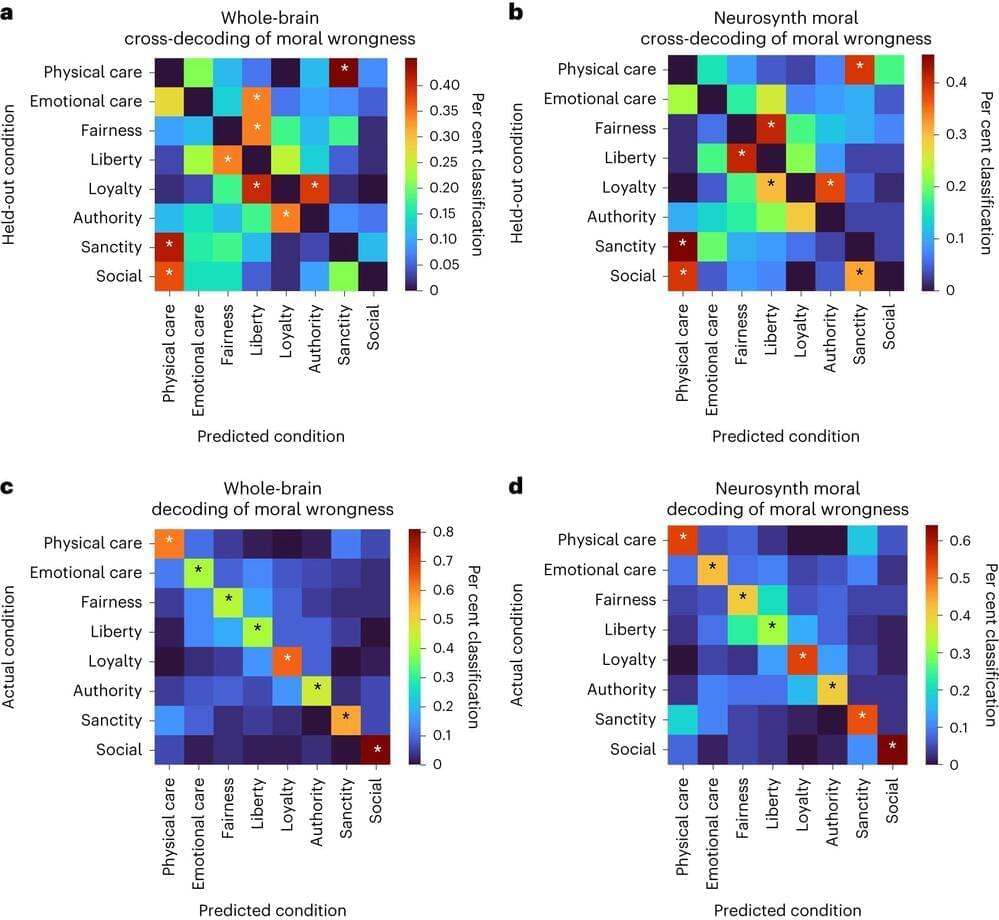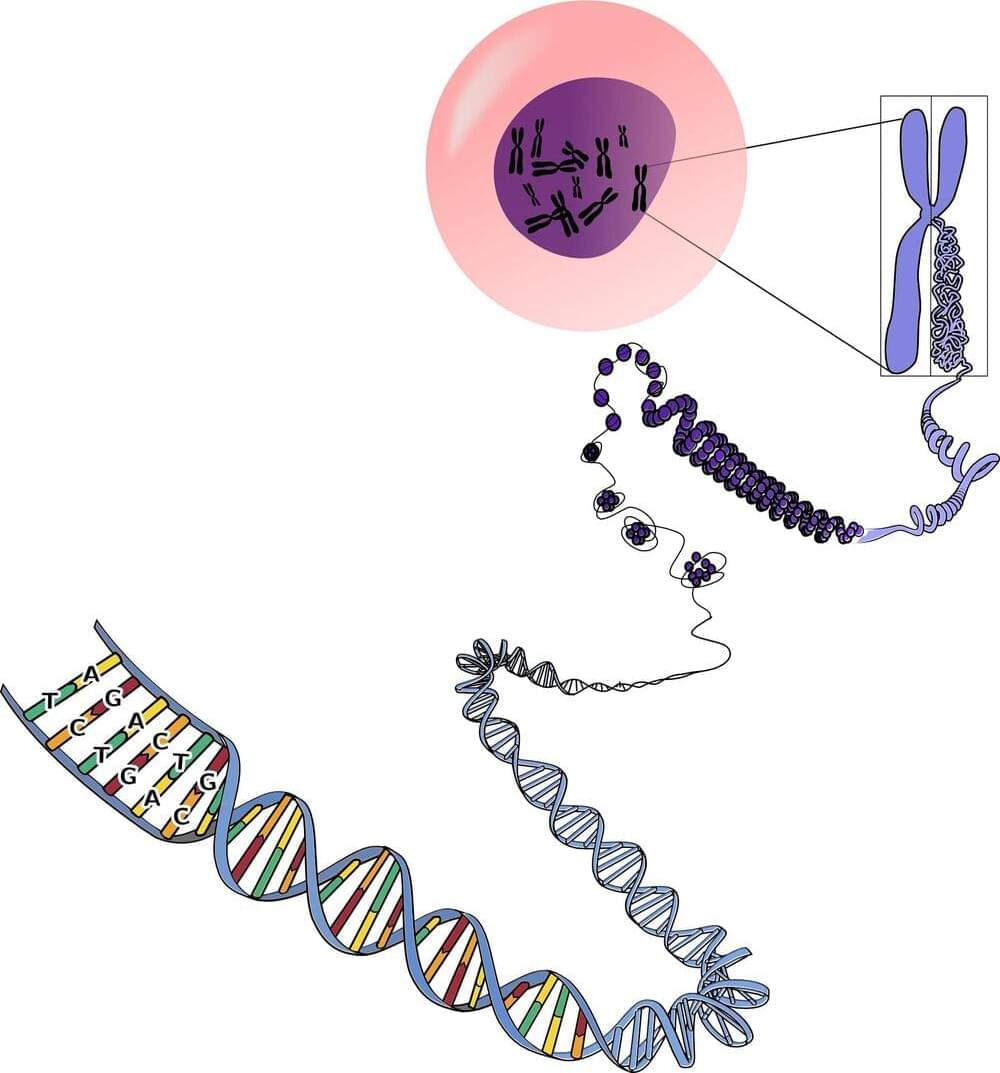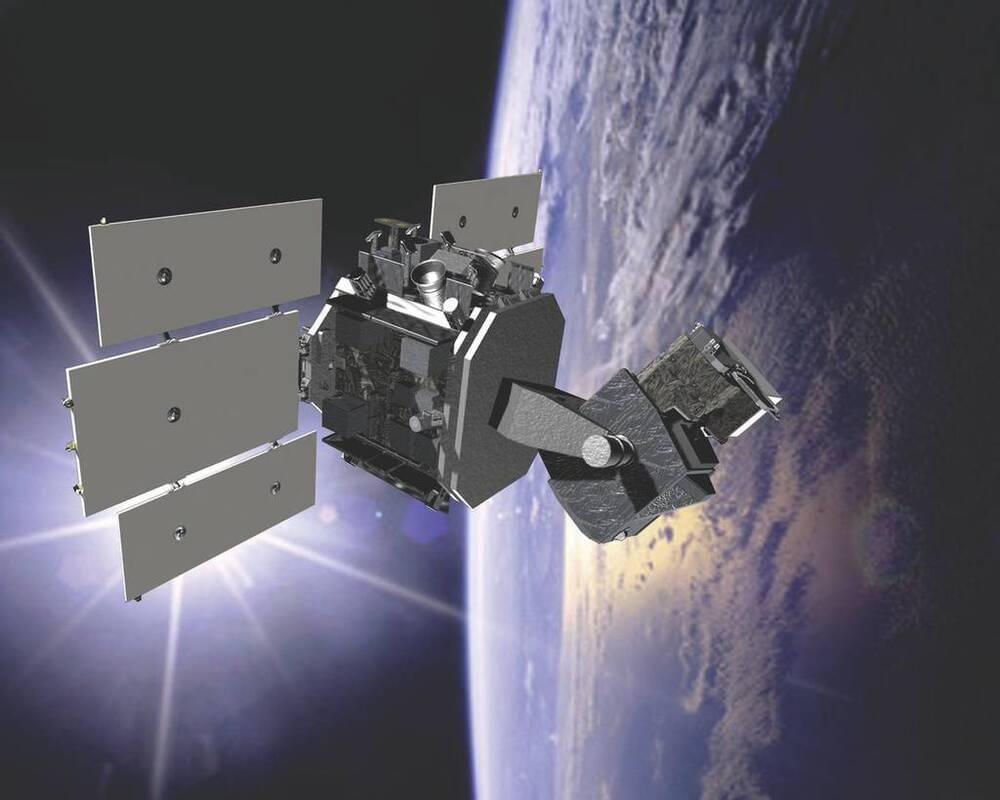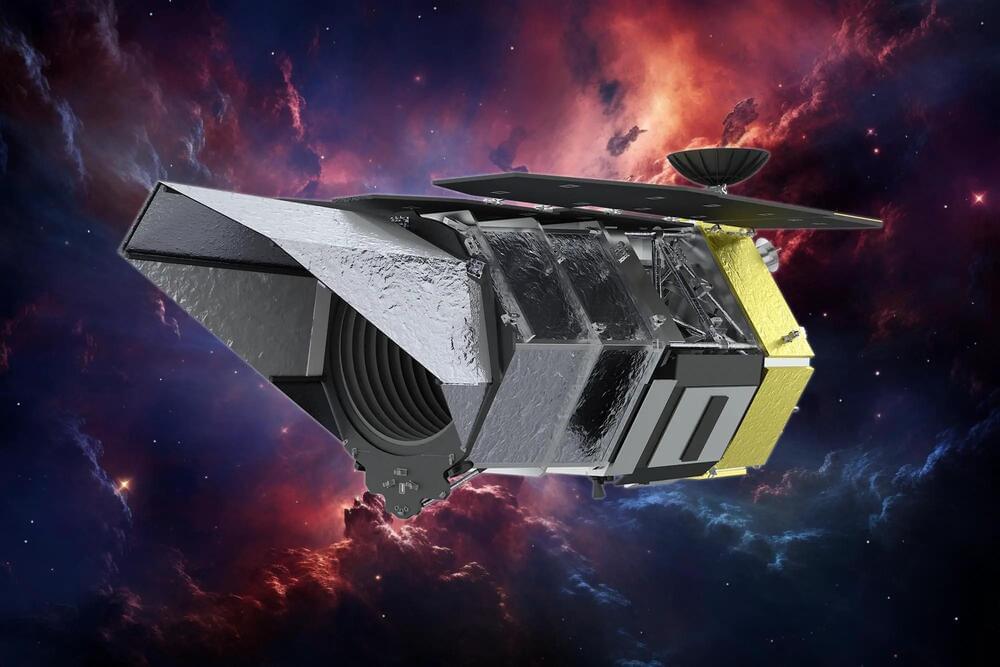Every day we encounter circumstances we consider wrong: a starving child, a corrupt politician, an unfaithful partner, a fraudulent scientist. These examples highlight several moral issues, including matters of care, fairness and betrayal. But does anything unite them all?
Philosophers, psychologists and neuroscientists have passionately argued whether moral judgments share something distinctive that separates them from non-moral matters. Moral monists claim that morality is unified by a common characteristic and that all moral issues involve concerns about harm. Pluralists, in contrast, argue that moral judgments are more diverse in nature.
Fascinated by this centuries-old debate, a team of researchers set out to probe the nature of morality using one of moral psychology’s most prolific theories. The group, led by UC Santa Barbara’s René Weber, intensively studied 64 individuals via surveys, interviews and brain imaging on the wrongness of various behaviors.









